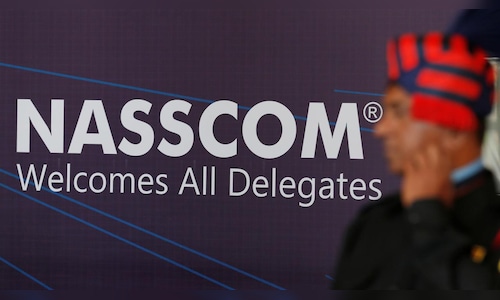Don't Let These Marketing Tech Errors Sink Your Business in 2025

The marketing landscape is evolving at warp speed, and what worked yesterday might not cut it tomorrow. As we look ahead to 2025, businesses need to be incredibly strategic about their technology investments and implementation. Failing to adapt can lead to wasted resources, missed opportunities, and ultimately, stunted growth. This article highlights five costly marketing technology mistakes that businesses are likely to make in 2025 – and how to steer clear of them. Let's dive in and ensure your marketing efforts are set up for success.
1. Ignoring the Organic Reach Pivot
For years, paid advertising dominated the conversation. However, the tide is turning. Consumers are increasingly savvy and are actively seeking out authentic, valuable content. In 2025, businesses that neglect organic reach – focusing solely on paid ads – will find themselves struggling. This means investing in high-quality content creation (blogs, videos, infographics), optimizing for search engines (SEO), and actively engaging with your audience on social media. Think long-term value, not just quick clicks.
2. The AI Brand Voice Dilution Trap
Artificial intelligence is a game-changer, no doubt. But blindly handing over your brand voice to AI tools is a recipe for disaster. While AI can assist with content generation and personalization, it shouldn't *replace* the human touch. Consumers crave authenticity and connection. A generic, AI-generated voice lacks personality and can damage your brand's reputation. Use AI as a tool to *enhance*, not replace, your brand's unique voice.
3. Data Silos: The Biggest Bottleneck
Many businesses are drowning in data, yet starving for insights. Siloed data – information trapped in separate departments or systems – prevents a holistic view of the customer. In 2025, businesses need to prioritize data integration and centralized analytics platforms. Connecting your CRM, marketing automation, social media, and sales data will provide a 360-degree view of your customers, allowing for more personalized and effective marketing campaigns.
4. Underestimating the Power of Privacy-First Marketing
Consumer privacy is no longer a negotiable. Regulations like GDPR and CCPA are becoming stricter, and consumers are more aware of how their data is being used. Businesses that continue to rely on intrusive tracking methods will face backlash and potential legal consequences. In 2025, privacy-first marketing will be essential. Focus on building trust, obtaining explicit consent, and providing transparent data practices. Think value exchange – offer something valuable in return for data.
5. Neglecting the Metaverse & Emerging Technologies
The metaverse, augmented reality (AR), and other emerging technologies are poised to reshape the marketing landscape. Businesses that dismiss these trends as fleeting fads will be left behind. While a full-scale metaverse presence may not be necessary for every business, exploring these technologies and understanding their potential is crucial. Experiment with AR filters, virtual events, and other immersive experiences to engage with your audience in new and exciting ways. Early adoption can provide a significant competitive advantage.
The Bottom Line: The future of marketing technology is about strategic integration, ethical practices, and a relentless focus on the customer. By avoiding these five costly mistakes, businesses can position themselves for sustainable growth and success in 2025 and beyond.






